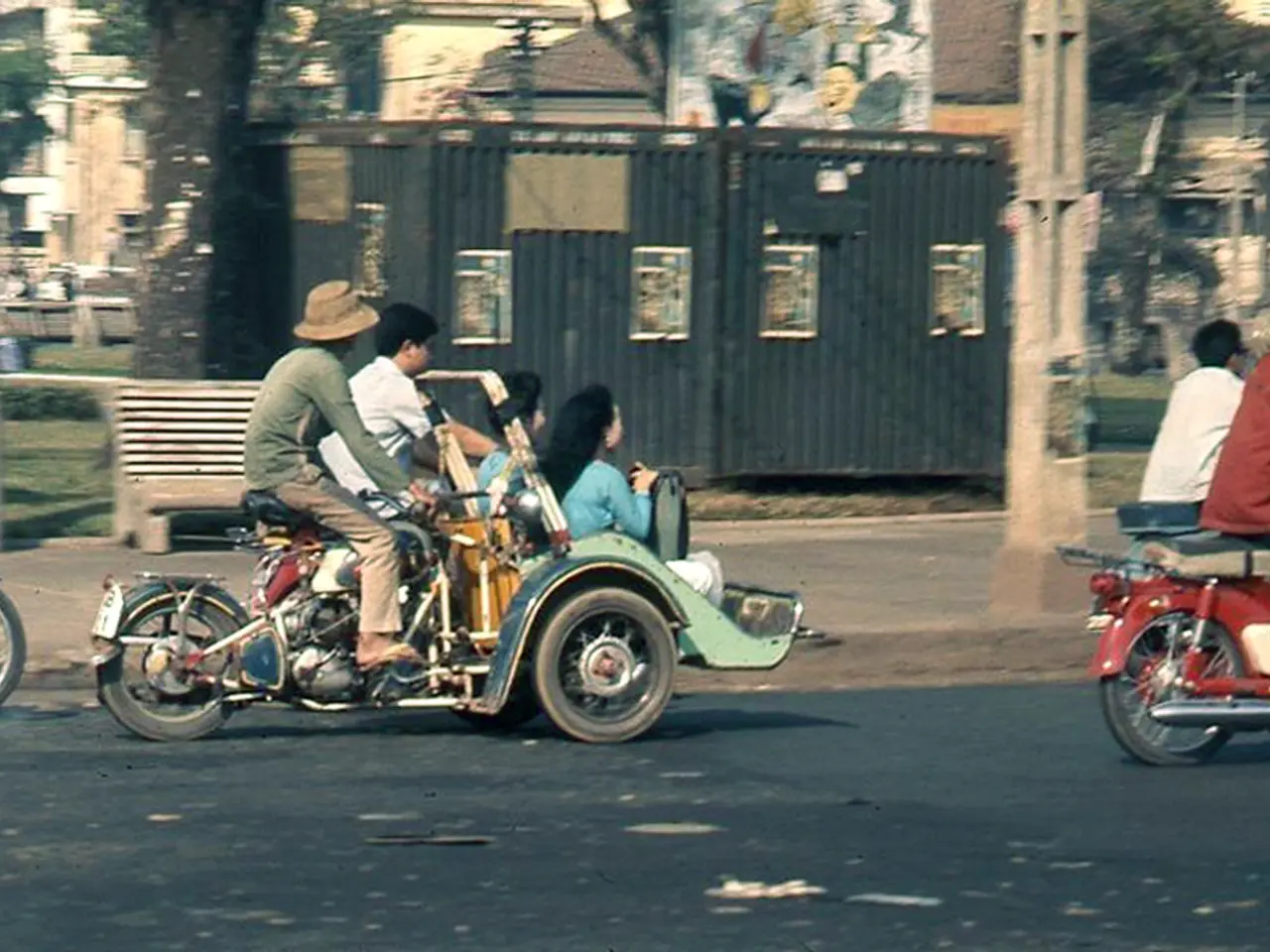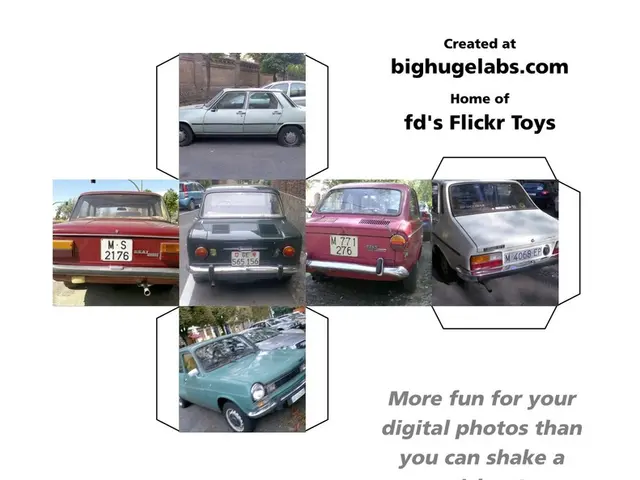Advancement of Smart Transportation: Exploring the Future of Intelligent Mobility
In the heart of Germany, Hamburg is making strides towards a greener future by embracing the trend of micromobility. This shift in mobility approach is not only a current global trend but also a crucial step towards the city's goal of reducing CO2 emissions by 2 million tons by 2020.
Rainer Sax, a consultant, believes that the key to persuading people to give up their own cars lies in a practical and diverse mobility mix. Understanding what people truly want, he stresses, is the first step.
One company leading the charge in this new mobility landscape is Moia, a service provider aiming to transform from a traditional car manufacturer to a leading mobility provider. Moia aspires to increase its offer by sixfold, with the goal of taking one million cars off the road by 2025.
Another player in this evolving mobility scene is Swapfiets, a Dutch company specializing in bicycles on a subscription model. Swapfiets offers carefree cycling and popular services, with Philipp Wolff, regional manager, expressing confidence in their offers' potential in the mobility mix.
The micromobility sector is not limited to bicycles, though. Kilian Schmidt of Tier Mobility believes that electric scooters are leading the way, particularly in urban areas where 40% of all trips are shorter than 3 kilometers. Tier Mobility aims for a 100% integration into the future mobility mix, with Schmidt expressing confidence in the prevalence of electric scooters.
Lukas Loers, Director of Business Operations at software developer Wunder Mobility, identifies micromobility as a current trend, suggesting potential developments in electric bikes, electric scooters, and ultra-light, battery-powered two-seaters.
Hamburg's commitment to sustainable mobility is not limited to specific companies. The city has set up a mobility alliance ("Bündnis Mobilität") involving many actors to promote sustainable mobility, including reducing car traffic. BMW Group is engaged in urban mobility innovations aimed at reducing vehicles in city centers generally.
Henrik Falk, CEO of Hamburger Hochbahn AG, emphasizes the need for a customer-centric, practical mobility concept that intelligently connects various mobility providers. Hamburg is experimenting with various mobility solutions to analyze citizens' wishes, with the ultimate goal of creating a mobility mix that caters to the city's needs.
As Hamburg navigates this new mobility landscape, one thing is clear: the city is committed to reducing car traffic and promoting sustainable, customer-centric solutions that cater to the needs of its citizens. The future of mobility in Hamburg is looking decidedly greener.
Read also:
- Reconsidering the Approach to Mountain Height Measurement?
- Lieutenant Governor Kounalakis joins SoCalGas in unveiling the novel H2 Hydrogen Innovation Experience, a one-of-a-kind demonstration.
- California links 100,000 home storage batteries through its Virtual Power Plant program.
- Strategic approaches to drastically decrease single-use plastic in healthcare by the year 2040, as outlined in a recent publication.








